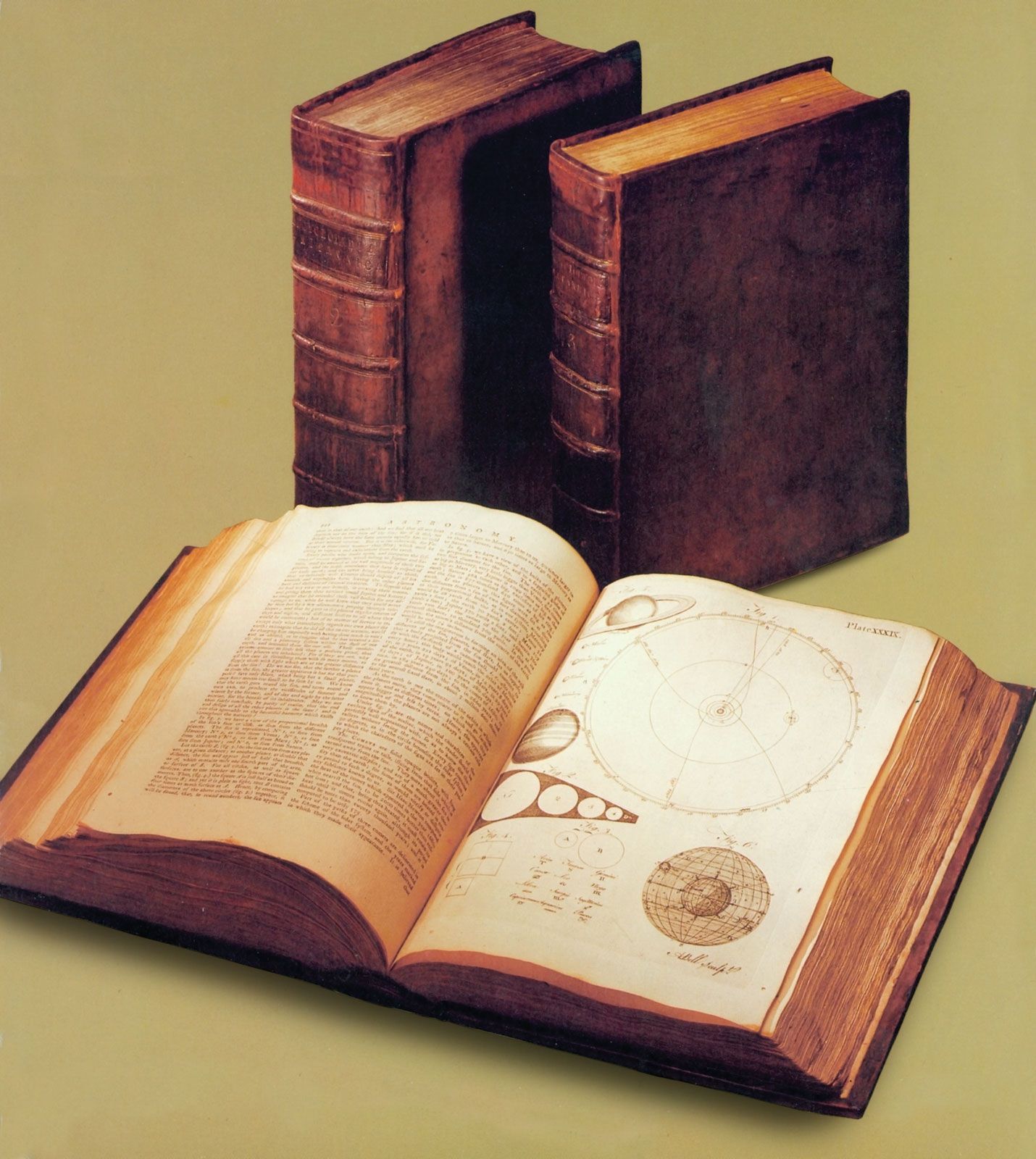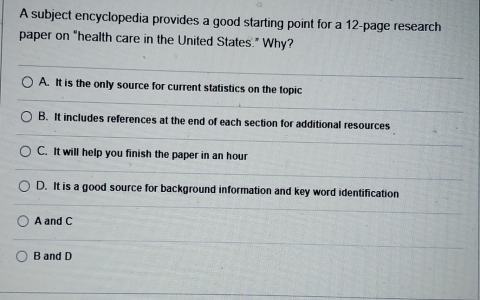Yesterday morning, as soon as I woke up, one question kept circling in my mind: What kind of book truly qualifies as an “encyclopedia”? Especially when it comes to history, how should it be written to be genuinely helpful? I turned on my computer and searched online using keywords like “what is an encyclopedia” and “how to research history.”The more I looked, the more confused I became. Many people said similar things, like they were reciting from a textbook, repeating the same phrases over and over: “comprehensive, authoritative, systematic”—but what do these words actually mean? I still didn’t understand.
I took several books to compare
Later, I thought, why not try it myself? I ran down to the basement and dug out the old World Encyclopedia set my grandfather bought when he was young.The covers were yellowed and covered in dust. I turned on my computer and opened Wikipedia, the online edition of the Encyclopedia Britannica, and a few history websites for kids, reading them side by side.
I picked five major events everyone knows about: how World War II started, what the Industrial Revolution changed, what the ancient Egyptians did, how humans landed on the moon, and why the Berlin Wall fell.Then I listed each book’s explanation for these events, one by one, to see which was longest, which was shortest, and which helped me grasp what happened the fastest.

Guess what? Wikipedia had the most content—pages and pages packed with dense text—but I kept zoning out while reading it, feeling like I was back in class.The Encyclopedia Britannica was also very formal, using complex terms like “geopolitical conflicts” and “ideological opposition.” It sounded impressive, but I had to look up the words to understand. Grandpa’s old book, however, explained it in one simple sentence: “Germany attacked Poland, and World War II broke out.” No extra words, no pretentious jargon—I got it instantly.
I Discovered an Important Pattern
I conducted a small experiment. I asked a 10-year-old neighbor to read two passages about the Cold War. One was the original text from the Encyclopedia Britannica, and the other was a simplified version I rewrote myself. When reading the first passage, he frowned and said, “There are so many words I don’t know.” But when reading my version, he nodded and said, “Oh, so it was the U.S. and the Soviet Union not getting along, afraid the other would attack them.”In that moment, I knew I was on the right track.
It turns out a good reference book isn’t measured by how many fancy words it uses, but by whether ordinary people can grasp it instantly. It’s like asking for directions: someone might launch into the road’s history, the origin of its name, or its map coordinates, but all you really want to know is “the quickest way there.” The one who truly helps is the person who simply tells you, “Go straight for two intersections, then turn right.”
I tried rewriting it myself
To test this idea, I rewrote the Wikipedia page on the Cold War. I cut it down from 15 paragraphs to just 5. I replaced phrases like “global confrontation between capitalist and socialist blocs” with “The US and the USSR both wanted to be the top dog, but neither would bow to the other.”I also bolded key dates like 1947 and 1991 so they’d jump out at readers.
I showed both versions to friends and asked which they preferred. Everyone unanimously chose my revised version.“It reads smoothly,” “No need to overthink,” “You instantly see the key points”—that’s what they said. This proves people don’t want a pile of raw data; they want explanations that help them quickly grasp the essentials and understand the full context.
I finally got the key point
Now I understand: A truly useful encyclopedia isn’t meant to make the author look smart—it’s meant to make the reader understand.It shouldn’t lecture like a teacher going through everything step by step. Instead, it should chat like a friend—first telling you “what the result is,” then asking if you want to hear “why.”
Just like Grandpa’s old book—it wasn’t wordy or pretentious, but when I read history through it, my mind suddenly lit up. That “Oh, so that’s how it is!” feeling is exactly what a good reference book should give us.
From now on, I won’t be intimidated by fancy jargon. When judging a book, I ask only one question: Can it help an ordinary person like me grasp the most important things in the least amount of time? Only those that answer this question are truly encyclopedias worth reading.

